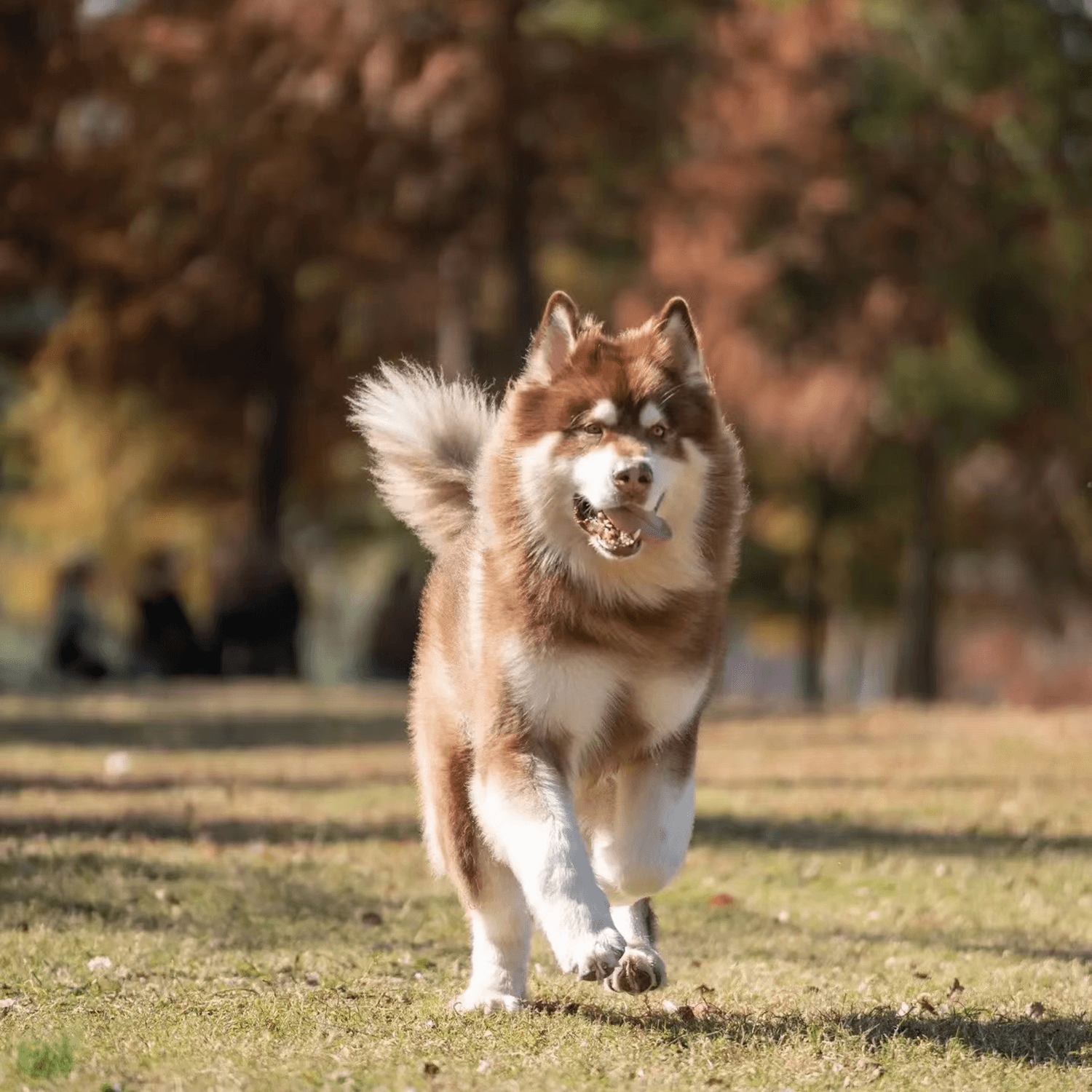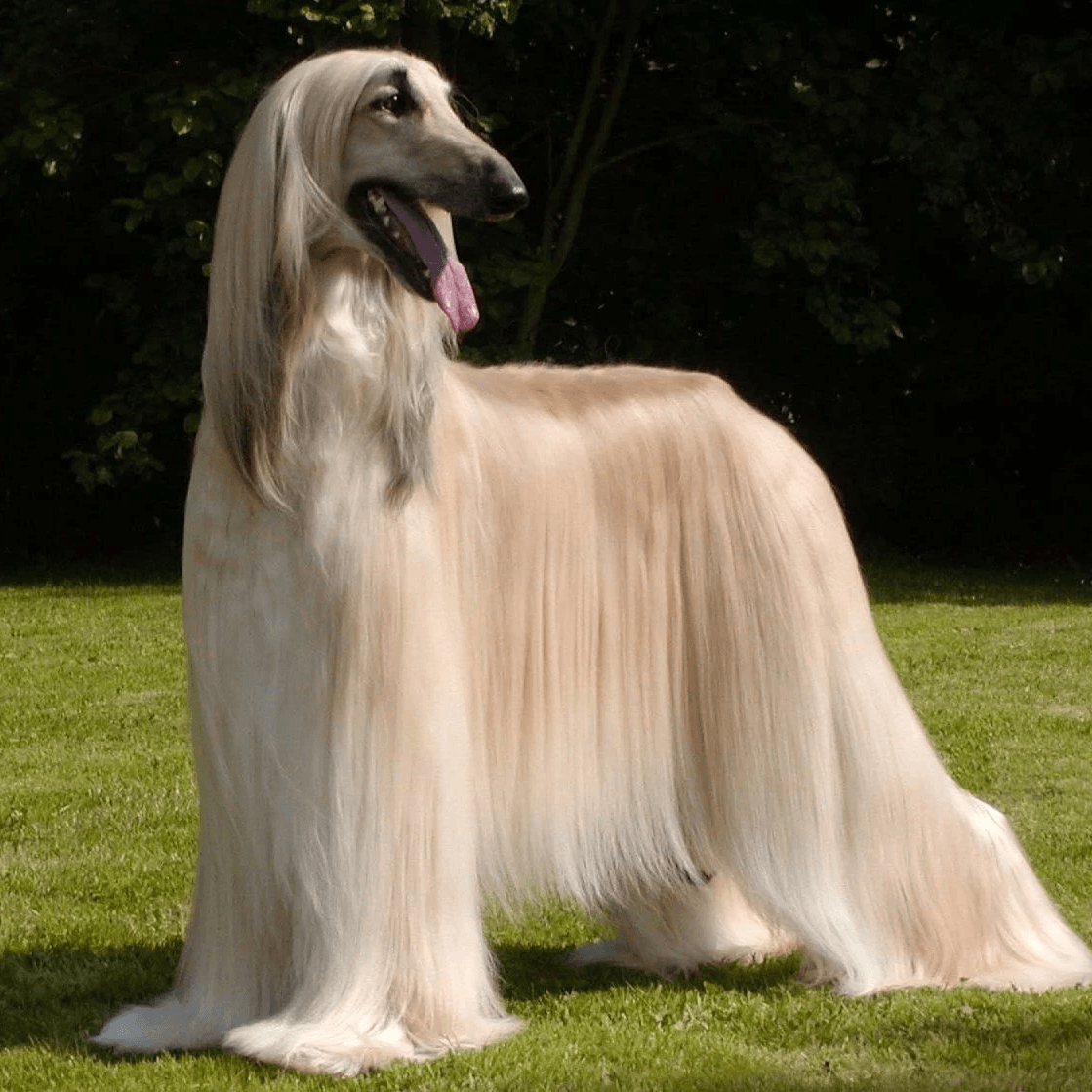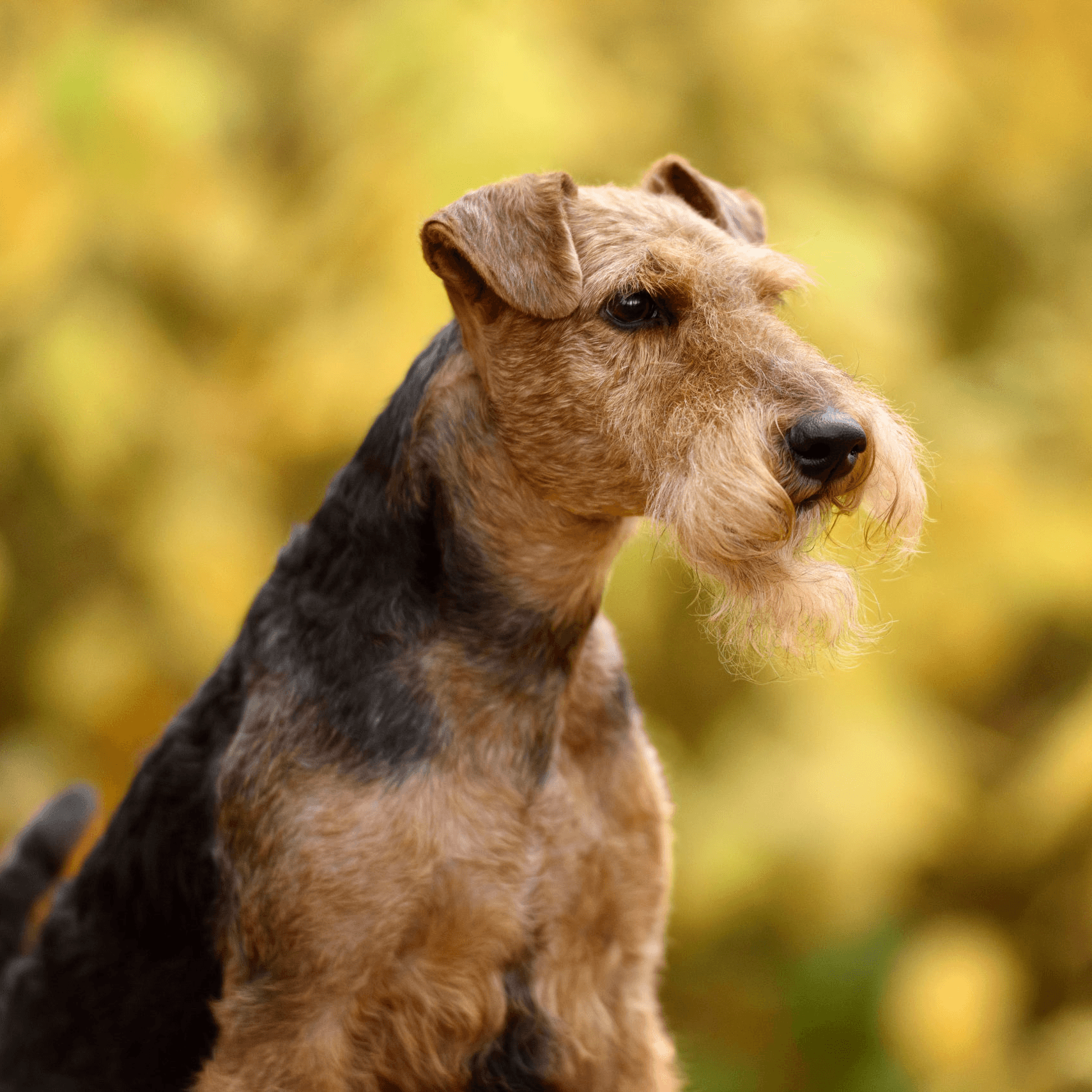Akita: The Courageous and Devoted Guardian
Ratings (out of 5):
-
Adaptability: 3
-
Food Consumption: 4
-
Exercise Needs: 4
-
Obedience: 3
-
Child Tolerance: 3
-
Training Ease: 3
Introduction: The Akita is a large, powerful dog with a noble and intimidating presence. Originating in the mountainous regions of northern Japan, this breed was initially developed to hunt large game such as bears, boars, and elk. The Akita’s history is rich with cultural significance; it has been revered as a symbol of good health, happiness, and long life. Known for its loyalty, the Akita was often used to guard Japanese royalty, and its reputation as a faithful companion has only grown over the centuries.
The breed came to prominence in Japan through the story of Hachiko, an Akita who waited every day at the Shibuya train station for his owner, even years after the owner's death. This tale of loyalty and devotion turned Hachiko into a national hero and made the Akita an iconic symbol of loyalty in Japan.
The Akita was introduced to the United States after World War II, when returning soldiers brought them back as companions. The American Kennel Club (AKC) officially recognized the breed in 1972. Today, the Akita is known worldwide as a courageous, loyal, and dignified dog, highly regarded as both a guardian and a family companion.
Lifestyle and Behavior: Akitas are known for their courage, loyalty, and protective nature. They are naturally reserved and can be aloof with strangers, but they form deep bonds with their families. Akitas are fiercely protective and are known to be excellent watchdogs. Their calm and composed demeanor makes them reliable and steady companions, but they require an owner who can provide firm and consistent leadership.
Akitas are also known for their independence, which can sometimes be mistaken for stubbornness. They are intelligent dogs, but they prefer to think and act on their own rather than follow commands blindly. This independence, combined with their protective instincts, makes them best suited for experienced dog owners who understand the breed's unique characteristics.
While Akitas are generally quiet dogs, they are always aware of their surroundings and can be quite vocal when they feel something is amiss. They are not typically aggressive without cause but will not hesitate to defend their family if they perceive a threat.
Trainability: Training an Akita requires patience, consistency, and a firm but gentle approach. They are intelligent dogs, but their independent nature means they may not always be eager to obey commands, especially if they see no point in doing so. Early socialization and obedience training are essential to help them develop into well-adjusted adults.
Positive reinforcement methods, such as treats, praise, and play, work well with Akitas. However, it's important to establish yourself as the pack leader early on, as Akitas have a strong sense of hierarchy. They respond best to a calm, confident owner who can set clear boundaries and rules.
Given their protective instincts, socialization is particularly important for Akitas. Exposing them to a variety of people, animals, and environments from a young age will help them become more adaptable and less prone to aggression or anxiety in unfamiliar situations.
Closeness to Humans: Akitas are known for their deep loyalty and affection toward their families. They form strong bonds with their owners and are often referred to as "velcro dogs" because they like to stay close to their loved ones. Despite their size and sometimes intimidating appearance, Akitas are gentle and loving with their family members.
However, their strong bond with their family can also lead to protective behavior. Akitas are naturally wary of strangers and may take time to warm up to new people. This trait, combined with their guarding instincts, makes them excellent watchdogs but also requires that they are properly trained and socialized to prevent overprotectiveness.
Suitable Roles: The Akita excels in roles that require loyalty, protection, and a calm, composed demeanor. They make excellent family companions for those who can provide the leadership and training they need. Akitas are also well-suited to roles such as watchdogs, guard dogs, and even therapy dogs, thanks to their stable temperament and deep bond with their owners.
Due to their strong prey drive and protective nature, Akitas are best suited to homes where they can be the only pet or where they are properly socialized with other animals from a young age. They are also better suited to homes with older children who understand how to interact respectfully with large, powerful dogs.
Colors: Akitas come in a variety of colors, including white, brindle, and pinto. In Japan, the Akita is most commonly seen in shades of red, white, and sesame (red with black-tipped hairs). American Akitas, which are slightly larger and have a different breed standard, can be found in many more colors, including black, brown, and even shades of gray. The breed's coat is double-layered, with a dense, soft undercoat and a straight, harsh outer coat that requires regular grooming to keep it in good condition.
Health and Care: Akitas are generally healthy dogs, but like all breeds, they can be prone to certain health conditions. Common issues include hip dysplasia, hypothyroidism, and autoimmune disorders. Responsible breeders will screen for these conditions to ensure healthy puppies. Regular veterinary check-ups, a balanced diet, and maintaining a healthy weight are essential for their well-being.
Grooming an Akita involves regular brushing to manage shedding, especially during seasonal changes when they shed their undercoat heavily. Bathing should be done as needed, and regular dental care, ear cleaning, and nail trimming are also important aspects of their grooming routine.
Exercise Needs: Akitas are active dogs that require regular exercise to stay healthy and happy. Daily walks, playtime, and opportunities to run in a secure area are essential for meeting their exercise needs. They enjoy activities that challenge their physical and mental abilities, such as obedience training, tracking, and even some forms of agility work.
Despite their size and strength, Akitas are also content to relax at home with their families after a good exercise session. Providing a balance of physical activity and mental stimulation is key to keeping an Akita happy and well-behaved.
Interaction with Children: Akitas can be excellent family dogs, but they are best suited to homes with older children who understand how to interact respectfully with large dogs. Their protective nature means they may be overly cautious or even defensive around young children who are too rough or unpredictable in their behavior.
Supervision is always recommended when Akitas are around young children, and teaching children how to approach and handle the dog calmly and gently is crucial for a harmonious relationship. When properly socialized and trained, Akitas can be loving and protective companions for children.
Real-Life Example: The story of Hachiko, an Akita who waited every day for nearly ten years for his deceased owner at the Shibuya train station, is one of the most famous examples of the breed's loyalty and devotion. Hachiko's unwavering loyalty has been commemorated with a statue at the station and remains a symbol of the Akita breed's deep bond with its owners.
Conclusion: The Akita is a breed that embodies loyalty, courage, and dignity. Their strong protective instincts and deep bond with their families make them exceptional companions for those who can provide the firm, consistent leadership they require. With proper training, socialization, and care, Akitas make wonderful pets for experienced dog owners who appreciate their noble and devoted nature.
References:
-
American Kennel Club (AKC) - Akita
-
PetMD - Akita
-
The Spruce Pets - Akita Dog Breed Profile
-
DogTime - Akita
-
VetStreet - Akita Dog Breed Information


